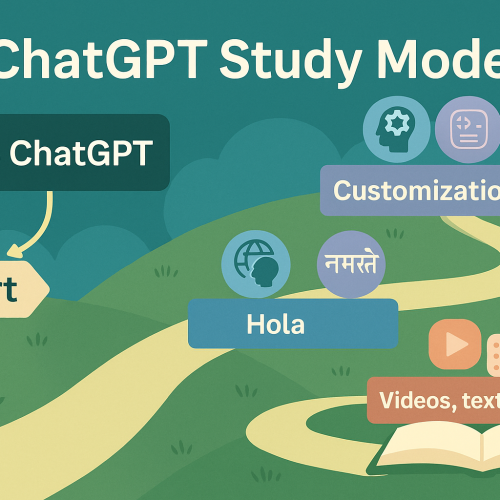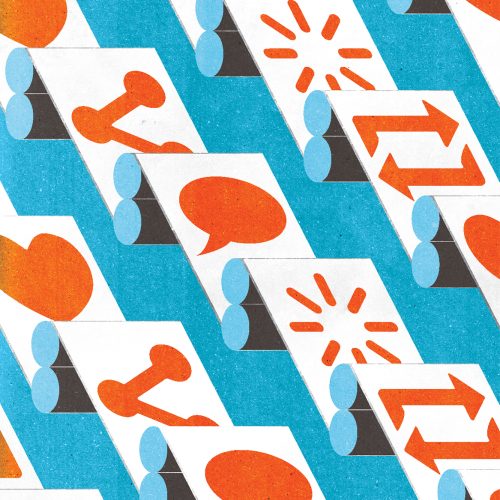Introduction: In today’s fast-paced world, organisations of all sizes—businesses, nonprofits, volunteer groups, freelancers, and consultants—often struggle with repetitive tasks like data entry, scheduling, and client support. Fortunately, advancements in artificial intelligence (AI) have made it possible to automate these time-consuming activities through AI personal assistants that learn and adapt over time.
AI personal assistants are a distinct product category within the broader AI tools genre. While they may sound similar to chatbots commonly found on retail and service provider websites, there’s a key difference. Chatbots typically handle basic customer service or site navigation, offering limited, scripted responses. In contrast, AI personal assistants can understand complex commands, integrate across tools, and support a broader range of tasks, making them suitable for diverse industries and applications.
At WillowFlow, we are excited to bring this technology to life with our own brand of AI assistants, Aigents, and specialized Aigents called Companions. Aigents are designed to provide comprehensive support across various tasks, while Companions are tailored for specific roles to meet specialized needs. In this guide, we’ll explore how AI personal assistants, including our Aigents and Companions, can streamline your operations, covering essential features, best practices for implementation, and what the future holds for this technology.
1. Introduction to AI Personal Assistants
AI personal assistants, like WillowFlow’s Aigents, combine natural language processing and machine learning to interpret commands, automate tasks, and increase productivity. By handling repetitive activities, these tools free up valuable time, allowing individuals and teams to focus on higher-value work.
2. The Role of AI Personal Assistants
Popular AI personal assistants such as Apple’s Siri, Google Assistant, Microsoft’s Cortana, and Amazon’s Alexa interpret natural language requests to help with tasks, answer questions, set reminders, and manage calendars. Our Aigents are designed to offer even broader capabilities tailored to various organisational needs, making them valuable for businesses, nonprofits, and independent professionals alike.
2.1 Key Functionalities
- Natural language processing to understand user requests
- Integration with business tools and software
- Customisation for industry-specific terminology and needs
- 24/7 availability to assist clients, team members, or collaborators around the clock
By automating routine tasks, AI assistants enable people to focus on high-priority projects.
3. Key Benefits of AI Assistants
AI assistants, including our Aigents, offer several distinct advantages:
- Save Time by automating repetitive tasks
- Boost Productivity by allowing users to focus on essential projects
- Support Around-the-Clock with 24/7 availability
- Improve Data Accuracy through consistent, precise inputs
- Reduce Costs by decreasing the need for additional human resources
Whether you’re managing a team or working solo, AI assistants help streamline operations and improve efficiency.
4. Beyond a Chatbot: Can AI Serve as a Personal Assistant?
While chatbots primarily address simple customer inquiries, AI personal assistants go beyond basic responses. They handle tasks across various applications, from scheduling to client follow-ups, helping individuals and organisations increase productivity.
5. Key Features to Look for in AI Assistants
AI personal assistants, like our Aigents and specialized Companions, offer several essential features beneficial to diverse users:
- Natural Language Processing (NLP) for understanding spoken and written commands
- Conversational AI for smooth, interactive communication
- Information Retrieval from various data sources
- Task Automation for managing repetitive duties independently
- Recommendations tailored to user needs and preferences
6. Examples of AI Assistants in Action
AI assistants can be used in multiple ways across sectors:
- For Productivity: Microsoft’s Office Assistant, Zoom’s AI for meeting insights, and Grammarly (Launched in 2009, Grammarly was introduced into our Syria Humanitarian Emergency Response work in 2013 to support team members in producing professional-quality content. This tool empowered those with less formal English training to meet high publication standards, a critical asset in the nonprofit sector).
- Smart Speakers: Amazon Alexa, Apple Siri, Google Nest
- General Use: MS Copilot, ChatGPT, Gemini
Our Aigents and Companions expand on these functionalities to provide industry-specific support and task automation, making them suitable for organizations with specialized needs.
7. Choosing the Right AI Assistant
When selecting an AI assistant, consider:
- Ease of Use: Look for user-friendly assistants like Siri and Alexa that offer quick onboarding.
- Integration Capabilities: Choose assistants compatible with tools like Outlook, Slack, and Trello.
- Customisability: AI tools like WillowFlow’s Aigents and IBM Watson can be adapted to meet industry-specific needs.
- Affordability: Options range from free tools to premium plans with advanced features.
Evaluating these factors will help you find an AI assistant that aligns with your operational goals, whether you’re a freelancer, a large organisation, or something in between.
8. Best Practices for Implementing AI Assistants
To maximize the benefits of AI assistants, consider these best practices:
- Get Team Buy-In: Communicate benefits, address concerns about job security, and reassure users on data privacy.
- Start Small: Focus initially on high-impact tasks to show immediate value.
- Monitor and Adjust: Regularly track performance and collect feedback to refine usage.
Implementing these practices ensures a smooth integration and enhances the long-term impact of your AI assistant.
9. The Future of AI Assistants
As AI technology evolves, personal assistants like our Aigents and Companions are becoming essential tools across industries. With advancements in natural language processing, AI assistants will soon manage increasingly complex tasks, offering more personalized interactions and adapting to specific industry needs.
In the future, AI assistants will likely take on more responsibilities, deliver deeper insights, and revolutionize how organisations operate.
Build Your AI-Powered Assistants
Interested in learning how AI personal assistants, including WillowFlow’s Aigents and Companions, can transform your productivity? Contact us for a consultation, explore our other resources on AI, or sign up for our newsletter to stay updated on the latest in AI and automation.
"AI personal assistants go beyond basic chatbots by handling complex tasks across various applications. From scheduling to client follow-ups, they streamline operations, enhance productivity, and enable individuals and organisations to focus on high-priority projects."






